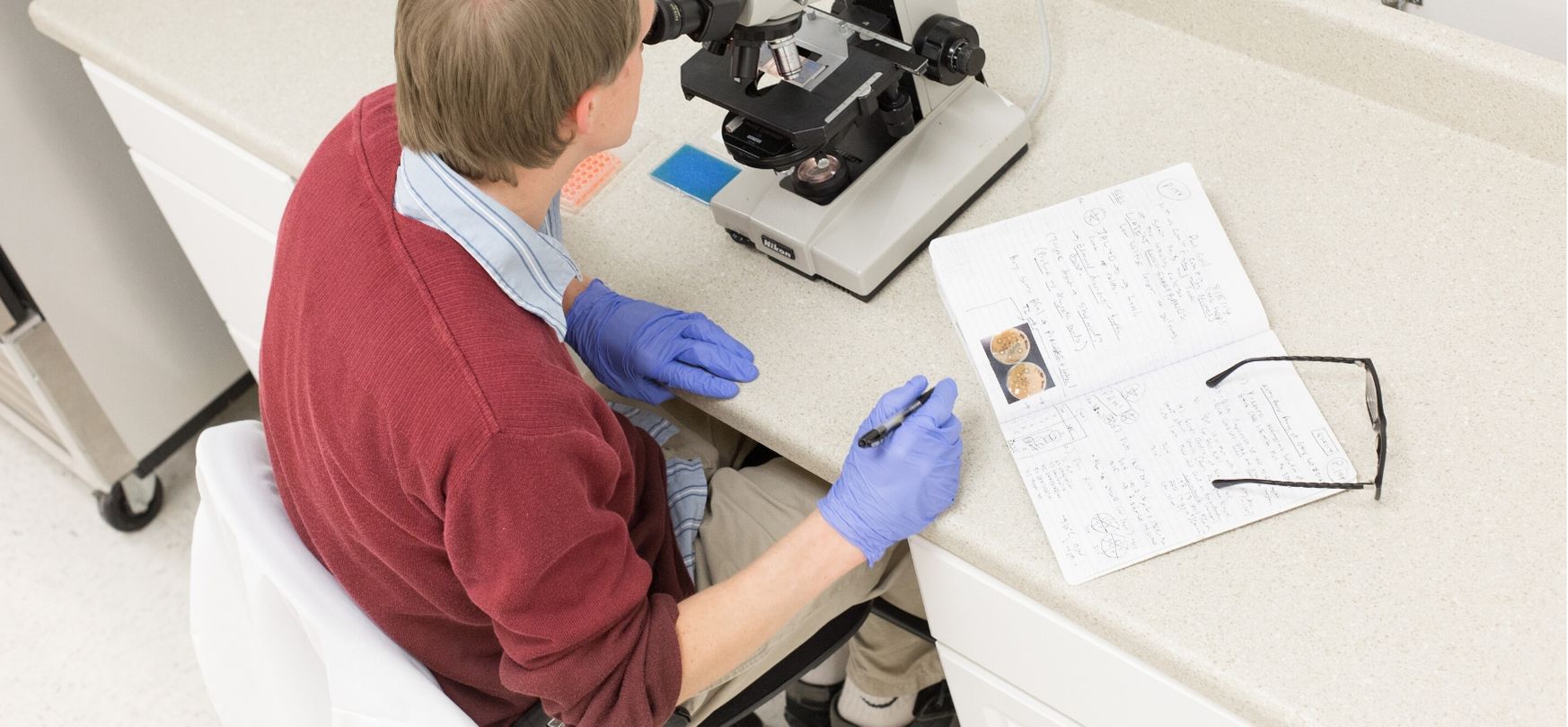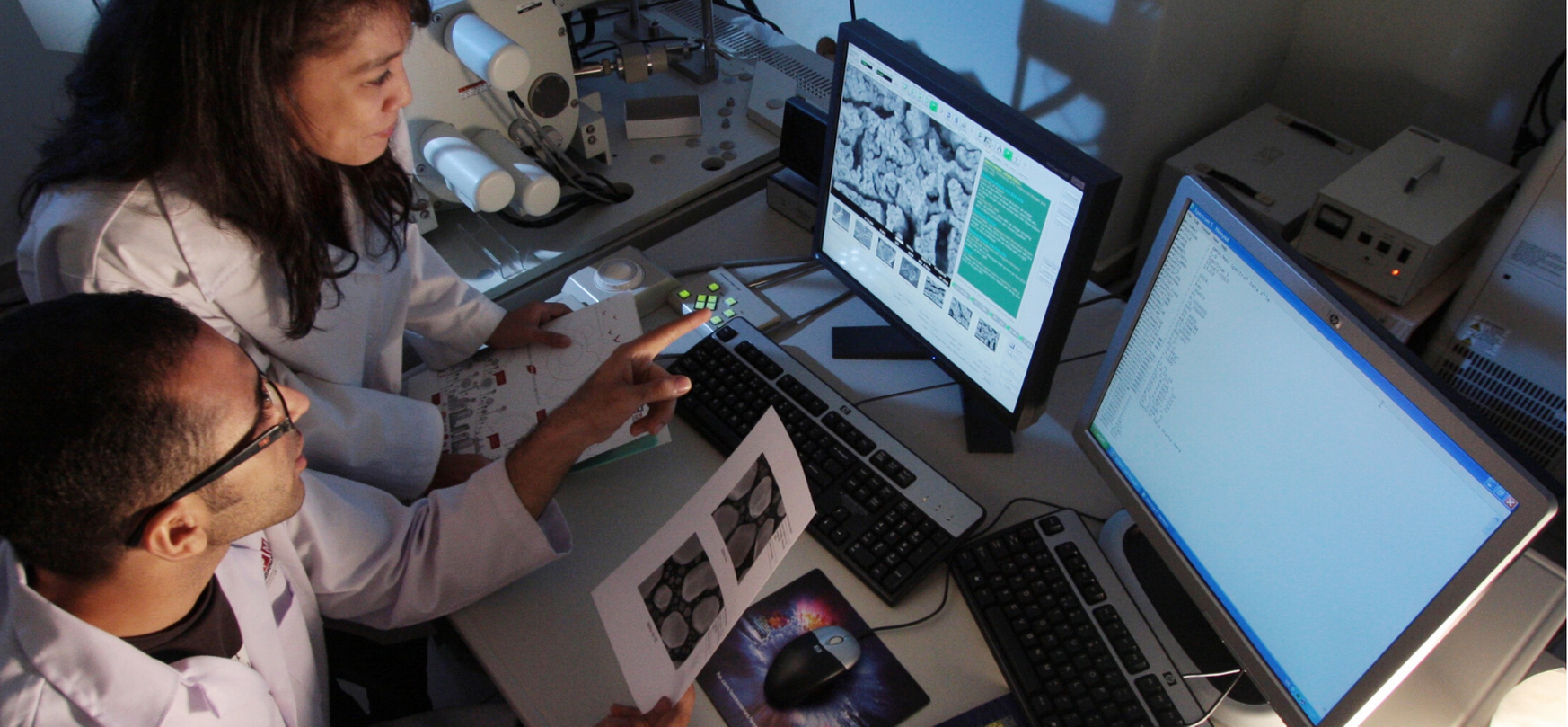Looming in a few months is your thesis deadline. In the hallway, your professor hunts you down, and asks for the first draft of your thesis. Your mind spins as you convince yourself that your writing will never be good enough for your professor.
You freeze, abandoning your unfinished thesis chapters for now, and embrace a list of distractions: cleaning, organizing meetings, scheduling your dental cleaning appointment, and watching cute cat videos.
You feel guilty doing these side-activities, but they are the best way to keep your mind off your thesis. But doing this means pulling all-nighters a few days before the deadline, or worse, you totally miss it.
Procrastination is very common in academic life. In fact, approximately 80-95% of college students procrastinate (Steel, 2002). Even many graduate students experience the struggle to avoid procrastination throughout their academic career.
On a regular basis, procrastination can cause many academic, mental, and health consequences for students. These consequences include poor grades, missed deadlines, health issues, stress, anxiety, and depression.
Despite these consequences, there is some real science behind procrastination: why we do it, the type of procrastinator we are, whether or not procrastination can be beneficial, and so much more. So let’s dive in. Otherwise, put it off. Your choice.
Where Does the Word Procrastination Come from?
The origin of the word procrastinate comes from Latin word procrastinus. It is derived from pro, meaning “forward,” and crastinus, meaning “of tomorrow”. To put it simply, procrastinate means to put things off.
What Does Procrastination Mean?
Procrastination is the tendency to delay the action of an important goal (Lay, 1986). Usually, this tendency involves choosing to do other activities, which are less urgent and important.
After deciding to delay their work, procrastinators are more likely to spend their time performing activities that are not important but urgent, or not important but not urgent.
In the day-to-day life of many graduate students, procrastination is not strange at all. Oftentimes it becomes a coping strategy before finishing their academic goals.
Is Procrastination Similar to Laziness?
Laziness is different from procrastination. Both can be similar in terms of delaying the action of an important task.

The main difference is procrastination means you delay taking action by doing something else first and eventually finishing your intended task later. For laziness, you have no intention to complete the task and remain idle (Burton, 2015).
Is procrastination a time management problem?
No. Although procrastination seems to be an issue of time management, it is actually an issue of emotional management (Pychyl & Sirois, 2016). When faced with a challenging task, you feel anxious and your mood becomes more negative. Then, you escape to your happy place—this could be watching those cat videos.
Watching cat videos, typically linked to using the internet for procrastination, helps improve mood (Myrick, 2015). Unfortunately, this mood boost is temporary, and is followed by guilt and stress. At the end of all these distractions, you still need to complete your task. What’s worse is you’ve lost most of your time.
Why Do Many Graduate Students Procrastinate?
Many graduate students procrastinate due to the demanding tasks they encounter and an overall fear of failure. Graduate school requires high quality and quantity of results. This requirement creates stress and fear of failure.
What Type of Procrastinator am I?
According to Chu & Choi (2005), there are two types of procrastinators:
- Active procrastinator: you choose to procrastinate because you love working under pressure. Your ability to manage and act on important tasks helps you finish them on a tight deadline.
- Passive procrastinator: in this case, your fear of failure overwhelms and paralyzes you, so you delay working on the assignment. As a result, you are unable to manage and act on your task, causing you to miss the deadline.
Interestingly, this study found similar levels of academic performance for both types of procrastinators.
Can Procrastination be Good?
Whether you are an active or passive procrastinator, putting off your academic tasks can prevent you from reaching optimal academic performance and completing your tasks. Instead of self-shaming or feeling guilty about past procrastination, it’s better to accept it as a coping strategy and refocus on your current task. This way you can avoid increasing your level of stress and affecting your academic goals.
When Does Procrastination Become a Problem?
If procrastination becomes a regular habit for a long time, called chronic procrastination, it can link to negative emotions and health issues.
Usually, some negative feelings follow procrastination. These feelings include guilt, stress, self-criticism, and anxiety. All of this negativity can prevent you from getting closer to your academic goals.
Health issues are common in procrastinators who also have a tendency to delay taking care of their health, including going to the doctor for medical checkups and exercising. Therefore, procrastination can be associated with short-term health issues, including headaches, digestive issues, poor immunity, and insomnia (Sirois, 2003). Even worse, it can also be linked to long-term health consequences, such as hypertension and cardiovascular disease (Sirois, 2015).
How Can I Stop Procrastinating?
- Accept past procrastination.
- Refocus on the current task.
- Break the task into smaller and achievable goals.
- Make a timeline to complete smaller goals.
- Minimize distractions.
- Getting started on completing the first smaller goal.
- Continue working on the other small goals.
- Reward yourself after finishing each smaller goal.
- Follow the timeline and commit to complete the task.
It’s tough to stop the urge to procrastinate, but the key to avoid it is simply by starting a small action related to your big task.

By getting started on one small goal and moving on to the next achievable goal, you can stop focusing on how big the task is. After completing the smaller goal, you will feel better, build your confidence, and get much closer to your accomplishing academic goal.
References
5 tips to fight procrastination in grad school. (n.d.). University Affairs. Retrieved September 21, 2020, from https://www.universityaffairs.ca/career-advice/career-advice-article/5-tips-to-fight-procrastination-in-grad-school/
Chun Chu, A. H., & Choi, J. N. (2005). Rethinking Procrastination: Positive Effects of “Active” Procrastination Behavior on Attitudes and Performance. The Journal of Social Psychology, 145(3), 245–264. https://doi.org/10.3200/socp.145.3.245-264.
CoelhoMar. 27, S., 2009, & Am, 8:00. (2009, March 27). Piled Higher and Deeper: The Everyday Life of a Grad Student. Science | AAAS. https://www.sciencemag.org/careers/2009/03/piled-higher-and-deeper-everyday-life-grad-student.
Definition of PROCRASTINATE. (n.d.). Www.Merriam-Webster.Com. Retrieved September 18, 2020, from https://www.merriam-webster.com/dictionary/procrastinate#:~:text=origins%20of%20procrastinate.-
Lay, C. H. (1986). At last, my research article on procrastination. Journal of Research in Personality, 20(4), 474–495. https://doi.org/10.1016/0092-6566(86)90127-3.
Myrick, J. G. (2015). Emotion regulation, procrastination, and watching cat videos online: Who watches Internet cats, why, and to what effect? Computers in Human Behavior, 52, 168–176. https://doi.org/10.1016/j.chb.2015.06.001
Procrastination. (n.d.). Www.Columbia.Edu. Retrieved September 21, 2020, from http://www.columbia.edu/itc/gs/study/readings/PROCRAS.htm
Procrastination | The Graduate College at the University of Illinois at Urbana-Champaign. (n.d.). Grad.Illinois.Edu. Retrieved September 21, 2020, from https://grad.illinois.edu/thesis/writing/procrastination.
Pychyl, T. A., & Sirois, F. M. (2016, January 1). Chapter 8 - Procrastination, Emotion Regulation, and Well-Being (F. M. Sirois & T. A. Pychyl, Eds.). ScienceDirect; Academic Press. https://www.sciencedirect.com/science/article/pii/B9780128028629000086.
Serrano Corkin, D. M., Lindt, S. F., & Williams, P. S. (2020). Effects of positive college classroom motivational environments on procrastination and achievement. Learning Environments Research. https://doi.org/10.1007/s10984-020-09331-0.
Sirois, F. M., Melia-Gordon, M. L., & Pychyl, T. A. (2003). “I’ll look after my health, later”: an investigation of procrastination and health. Personality and Individual Differences, 35(5), 1167–1184. https://doi.org/10.1016/s0191-8869(02)00326-4.
Sirois, F. M. (2015). Is procrastination a vulnerability factor for hypertension and cardiovascular disease? Testing an extension of the procrastination–health model. Journal of Behavioral Medicine, 38(3), 578–589. https://doi.org/10.1007/s10865-015-9629-2.
Steel, P. (2007). The nature of procrastination: A meta-analytic and theoretical review of quintessential self-regulatory failure. Psychological Bulletin, 133(1), 65–94. https://doi.org/10.1037/0033-2909.133.1.65
The real reasons you procrastinate — and how to stop. (2016, April 27). The Washington Post. https://www.washingtonpost.com/news/wonk/wp/2016/0...
Urban, T. (2016). Transcript of “Inside the mind of a master procrastinator.” Ted.Com; TED Talks. https://www.ted.com/talks/tim_urban_inside_the_min...
Burton, N. What’s the Difference Between Procrastination and Laziness? (n.d.). Psychology Today. https://www.psychologytoday.com/us/blog/hide-and-seek/201505/whats-the-difference-between-procrastination-and-laziness.





